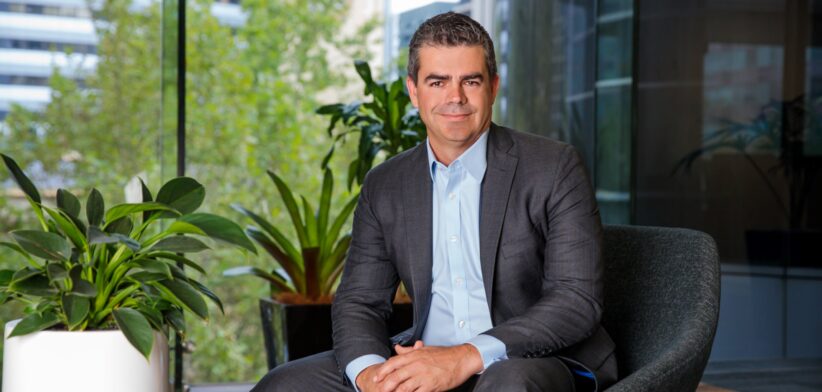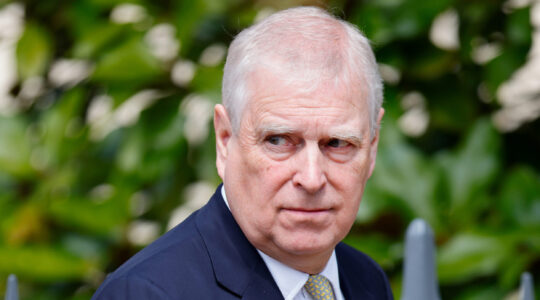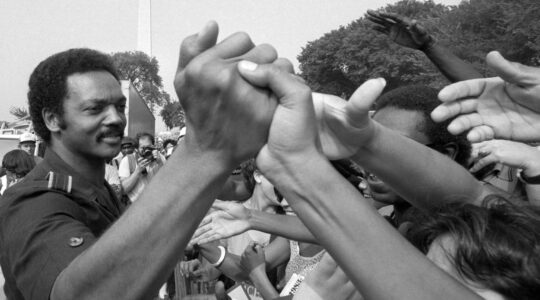A Brisbane travel protection company is bringing risk management, common in the corporate world, into the leisure market, offering services to both sectors, as it takes on the big players in the industry.
More than travel insurance, World Travel Protection employs doctors, registered nurses, paramedics, security professional and case managers across the globe, offering 24/7 support to travellers facing disruptions on their journeys or needing medical assistance due to illness or injury.
CEO Adrian Leach said the team also provided pre-travel intelligence briefings to help travellers avoid trouble in the first place.
“Risk mitigation and travel awareness is something that helps people avoid needing a rescue in the first place (and) we’re the only travel protection company supporting both corporate and leisure clients internationally,” Mr Leach said.
World Travel Protection maintains global command centres in North America (Toronto), Europe (London) and Australasia (Brisbane), where case managers receive, handle and triage calls from distressed travellers.
“It’s ambitious to take on larger, more established players in the industry, but it’s one backgrounded against growing demand for travel protection and risk mitigation,” Mr Leach said.
“We have a global business landscape where risk factors and threat potential are ever-evolving, from health concerns to geopolitics.”
Mr Leach said the Brisbane command centre was dominated by a large screen enabling the team to monitor incidents for travellers who have signed up to use the company’s global Travel Assist app.
“This is an industry leading app, helping us support our customers worldwide.
“I always say, ‘We track risks not people,’ so if trouble flares nearby, we can issue travel alerts via the app within minutes, enabling people to act and stay safe.”
The company’s global expansion now sees it with command centres in three distinct time-zones.
“Our newest command centre in London, which is a close copy of the one here in Brisbane, has been key to our growth,” Mr Leach said.
“That was a strategic move to give us access to a pool of multi-lingual employees in a European time zone, bringing the number of languages spoken by our staff worldwide to more than 30, which has greatly lifted our capability when we’re called upon to help travellers.”
Mr Leach said expanding from reactively helping travellers to investing in technology and proactive risk management had been another strong driver of the company’s growth.
“Our security team can provide up-to-date risk reports and brief travellers on what to do in active shooter situations or how to stay safe as an LGBTQI+ traveller in less-tolerant countries.”
Mr Leach said each month the company supported more than 250,000 travellers, most of whom won’t need to call for help.
“Only about 1 percent of calls for help end up being the really complex ones.”
He said more challenging responses can involve the company’s security team negotiating with members of a military coup to arrange safe passage for travellers, or medical evacuations from remote regions of high-risk countries.








